Adaptive Physical Education (APE)
This certificate program focuses on the development of skills to support students requiring Adapted Physical Education services in the general education curriculum, including identification of need, assessment protocols using evidence-based data, constructing effective individualized education programs, current instructional techniques and methods success-driven for diverse student populations, and building intentional cultures of inclusion, equity, and acceptance among student groups and learning communities.
Adaptive Physical Education Curriculum
APE is a Sunday ASC 18 Credit Program. Applicants must be licensed as a Special Education or Physical Education teacher to qualify for the endorsement.
This course focuses on the historical background to current approaches to teaching children with disabilities; special education and the Individuals with Disabilities Education Act; current theories and methodologies in special education; inclusion and the concept of the least restrictive environment; early intervention; special education programs, curricula, classroom management, and technologies; educational challenges and instructional approaches with children whose disabilities are associated with mental retardation, physical and sensory impairments, language delays, emotional disturbances, and learning disabilities; introduction to approaches and debates on reading and language arts instruction for native English speakers and English language learners. (3 credits)
Parents and families as the context for growth, development, and learning; similarities and differences in family structures and parenting styles in various cultural groups; parents and family members as teachers and collaborators with educators; ways in which education and intervention programs build and expand upon the foundation provided by parents; parental and family responses to and coping with a child with special needs; how educators form constructive educational partnerships with parents; awareness of community resources for parents and their children. (3 credits)
Introduction to adapted physical education programming for students with physical and/or cognitive challenges. Emphasis on curriculum development, programming, equipment, and teaching methods in developing the adapted physical education program in primarily inclusive settings. (3 credits)
Adapted Physical Education (APE) is a special education service that provides school-aged children with special needs to the physical education curriculum. Services are provided to students identified as needing APE intervention to facilitate their access to physical education. This course will emphasize: the identification of students requiring APE support; the degree of support required; delivery models (continuum of services); characteristics and educational needs of students with disabilities; and instructional techniques which can be used with these students in the general classroom. It will also include legal mandates and regulations, 504 regulations, the least restrictive environment, reporting and documentation, disability sports, community resources, and therapeutic recreation. (3 credits)
An overview of motor and fitness assessments available for students with disabilities being served by adapted physical education specialists in physical education. Emphasis will be placed on the application of appropriate motor and physical fitness tests to make subsequent effective placement decisions and to determine the provision of services for children with disabilities in school settings. Practical experience selecting, utilizing, and scoring assessment instruments and writing diagnostic narratives provided. (3 credits)
Adapted Physical Education (APE) is a special education service that provides school-aged children with special needs access to the physical education curriculum. Services are provided to students identified as needing APE intervention to facilitate their access to physical education. As part of the requirements for the Adapted Physical Education endorsement, a practicum is required. This forty-five-hour practicum experience will include a pre-practicum symposium, 35 hours of hands-on experience, and conclude with a post-practicum symposium. The hands-on experience will expose practicum students to school-aged children with several different disabilities and will allow practicum students to plan and execute a variety of sports and recreation activities. Practicum experiences will be recorded by each student in a detailed log. (3 credits)
Cohort Schedule
This is when we will be accepting applications for a new cohort.
| term | class dates | application open |
|---|---|---|
| Summer 2026 Session 1 | July 6, 2026 – Aug. 28, 2026 | April 30, 2026 |
| Summer 2026 Session 2 | Aug. 31, 2026 – Oct. 30, 2026 | July 4, 2026 |

